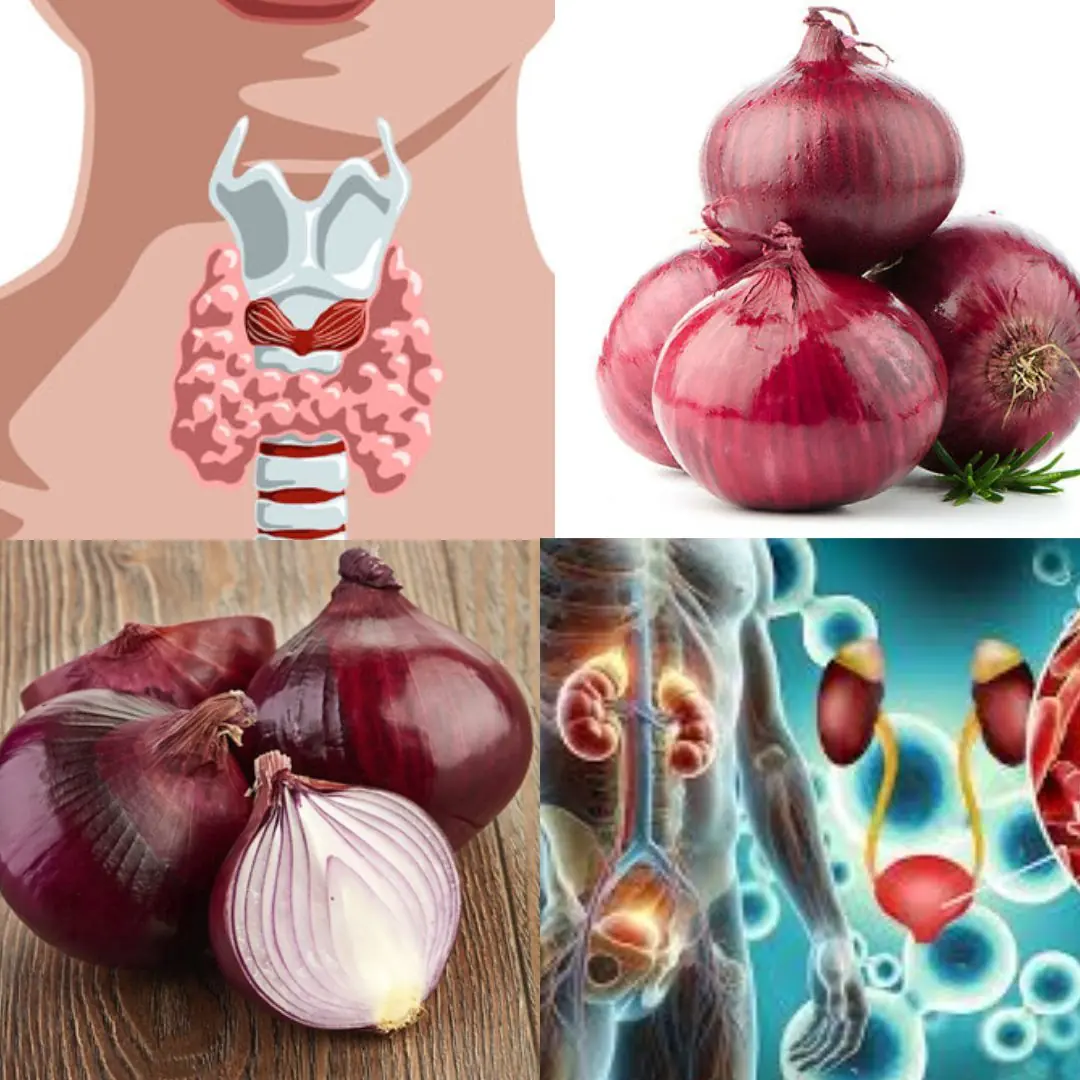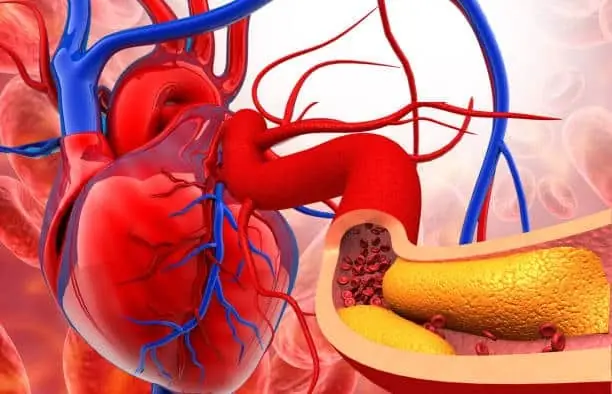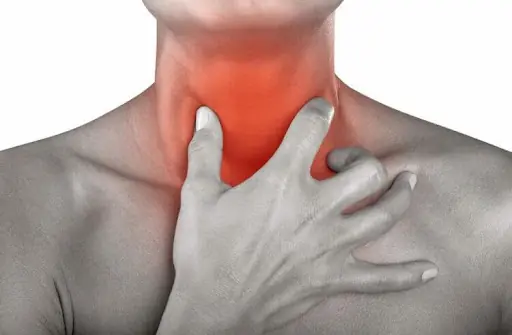
Reasons You Could Have Numbness or Tingling Sensations in Your Hands
Numbness and tingling sensations in the hands, often referred to as paresthesia, are common experiences that can occur from time to time. These sensations may vary from a mild, temporary discomfort to a more persistent and troubling condition. While occasional numbness or tingling can be harmless, frequent or chronic occurrences may indicate an underlying health issue that requires medical attention. Understanding the potential causes of these sensations is important to determine when to seek professional help and what steps to take to address the problem.
One of the most common causes of numbness or tingling in the hands is poor circulation. When blood flow to the hands is reduced, whether due to temporary factors like sleeping in one position or more serious conditions like peripheral artery disease, you may experience a tingling or "pins and needles" sensation. This typically resolves when you change position and improve circulation. However, if poor circulation is ongoing, it may point to more serious vascular issues that should be examined by a doctor.
Another frequent cause of hand numbness or tingling is nerve compression. The nerves in your hands can become compressed or pinched due to various reasons. For example, carpal tunnel syndrome, a condition in which the median nerve is compressed at the wrist, is a common culprit. This condition often causes tingling, numbness, or even pain in the fingers, particularly the thumb, index, and middle fingers. Repetitive hand movements, such as typing or using a mouse for extended periods, can contribute to the development of carpal tunnel syndrome. Similarly, other types of nerve compression, such as in the neck or upper spine, can also affect the hands and lead to tingling sensations.
Diabetes is another condition that can lead to persistent numbness or tingling in the hands. This occurs because high blood sugar levels can damage the nerves over time, a condition known as diabetic neuropathy. Diabetic neuropathy typically begins in the feet but can also affect the hands, leading to sensations of numbness, tingling, and sometimes pain. Managing blood sugar levels through proper medication and lifestyle changes is crucial for preventing further nerve damage and alleviating these symptoms.
Vitamin deficiencies, particularly deficiencies in vitamin B12, can cause nerve damage that leads to tingling and numbness in the hands. Vitamin B12 plays a vital role in nerve health, and when levels are low, it can impair the functioning of the nerves, causing a range of neurological symptoms, including hand numbness. Other deficiencies, such as a lack of vitamin B6, can also contribute to nerve-related sensations. A balanced diet or supplementation can help address these deficiencies and alleviate symptoms.
Multiple sclerosis (MS) is a more serious condition that can also cause numbness or tingling sensations in the hands. MS is an autoimmune disease in which the immune system attacks the protective covering of nerves in the central nervous system. As a result, nerve signals are disrupted, leading to various neurological symptoms, including tingling, numbness, and weakness in the limbs. Although MS is relatively rare, it is important to consider it if the tingling sensations are persistent and accompanied by other symptoms, such as muscle weakness or difficulty with coordination.
Another potential cause of numbness and tingling in the hands is anxiety. Stress and anxiety can trigger a variety of physical symptoms, including hyperventilation, which can lead to sensations of tingling and numbness, especially in the hands and feet. This happens because rapid breathing can reduce the level of carbon dioxide in the blood, leading to a sensation of numbness. These symptoms usually subside when the anxiety is managed, and breathing returns to normal.

Infections and inflammation can also lead to tingling or numbness in the hands. Conditions like shingles, caused by the reactivation of the chickenpox virus, can cause nerve pain and tingling, often in a specific area of the body. Similarly, autoimmune diseases such as rheumatoid arthritis can lead to inflammation that affects the nerves, resulting in similar symptoms.
Finally, stroke or transient ischemic attack (TIA), also known as a mini-stroke, can cause sudden numbness or tingling in the hands, along with other neurological symptoms such as weakness, difficulty speaking, or loss of coordination. These conditions require immediate medical attention, as they can be life-threatening.
In conclusion, while occasional numbness or tingling in the hands may be a temporary issue caused by something simple like poor circulation or pressure on the nerves, frequent or persistent symptoms should not be ignored. Conditions such as nerve compression, diabetes, vitamin deficiencies, multiple sclerosis, anxiety, and infections can all contribute to these sensations. If you experience numbness or tingling regularly, especially if it is accompanied by other concerning symptoms, it is important to consult with a healthcare professional to determine the underlying cause and receive appropriate treatment.
News in the same category


Why Smoking Weed at 30 Could Impact Your Future: What Science Says

Top 14 Kinds of Fish You Should Never Eat

Frequent Nighttime Trips to the Bathroom Could Be an Indicator of Heart Failure, Research Suggests

Doctor warns: A common habit may double the risk of a heart attack

THIS DOUBLES Your Testosterone Naturally in 7 Days!

Euphorbia Hirta (Asthma-Plant): Ancient Remedies and Modern Applications for Health and Wellness

Doctor Warns Against This One Thing If You Wake Up at Night

A Well-Known Shampoo Is Being Withdrawn Immediately Due To Bacteria That Can Kill One In Ten Patients

9 Reasons Why You Should Eat Okra Multiple Times a Week

What’s In Your Mouth Could Be Triggering Alzheimer’s, Scientists Say

10 Signs You're Living With Clogged Arteries

Man with severe anger issues breaks down in tears after seeing what radiologist found in scans of his brain

How to Treat H. Pylori Bacteria Causing Heartburn and Bloating + Natural Remedies

8 Ways To Get Rid Of Phlegm And Mucus In Chest And Throat

After A 49-Year-Old Father Of Two Passes Away, There Is An Urgent Warning For All Pet Owners Who Allow Their Dogs To Lick Them

8 of the Best Anti-Cancer Foods. It’s Time to Start Adding Them to Your Diet

Getting Annoyed By Chewing Sounds Is a Genuine Psychiatric Disorder

5 Concerning Red Flags That May Signal Colon Cancer
News Post

She Didn’t Know Who I Was—But She Refused To Let Go

The Therapy Dog Jumped On His Bed—And That’s When He Finally Spoke

The Guy With The Baby Doll At Target Wasn’t Who I Thought He Was

A Lost Puppy Wandered Into the Police Station—minutes Later, They Realized Why He Was There

MY DAUGHTER CALLED A STRANGER “OLD” IN LINE—AND HIS REACTION LEFT ME SPEECHLESS

THEY TOLD US HE DIED IN THE LINE OF DUTY—BUT HIS DOG KNEW BETTER

HE BUYS HER THE SAME ROSES EVERY WEEK—EVEN THOUGH SHE DOESN’T REMEMBER WHY

Husband Returns from Business Trip and Sees Newborn Baby on Table with Two Notes beside — Story of the Day

SHE STOLE EGGS FOR HER KIDS—THEN THE COPS SHOWED UP WITH GROCERIES

An elderly man found three abandoned babies on his farm

An elderly man found three abandoned babies on his farm

Why You Should Never Ever Kill A House Centipede If You Find One Inside Of Your Home

I Saw My MIL on TV Looking for a 'True Wife' for Her Son – I Gave Her the Revenge She Deserved

My Ex-Husband Asked Me to Be a Surrogate for Him and His New Wife - It Ended Not as He Expected

Why Smoking Weed at 30 Could Impact Your Future: What Science Says

My Wife Left Me and Our Children After I Lost My Job – Two Years Later, I Accidentally Met Her in a Café, and She Was in Tears

Top 14 Kinds of Fish You Should Never Eat

A Promise I Couldn’t Walk Away From

Frequent Nighttime Trips to the Bathroom Could Be an Indicator of Heart Failure, Research Suggests
